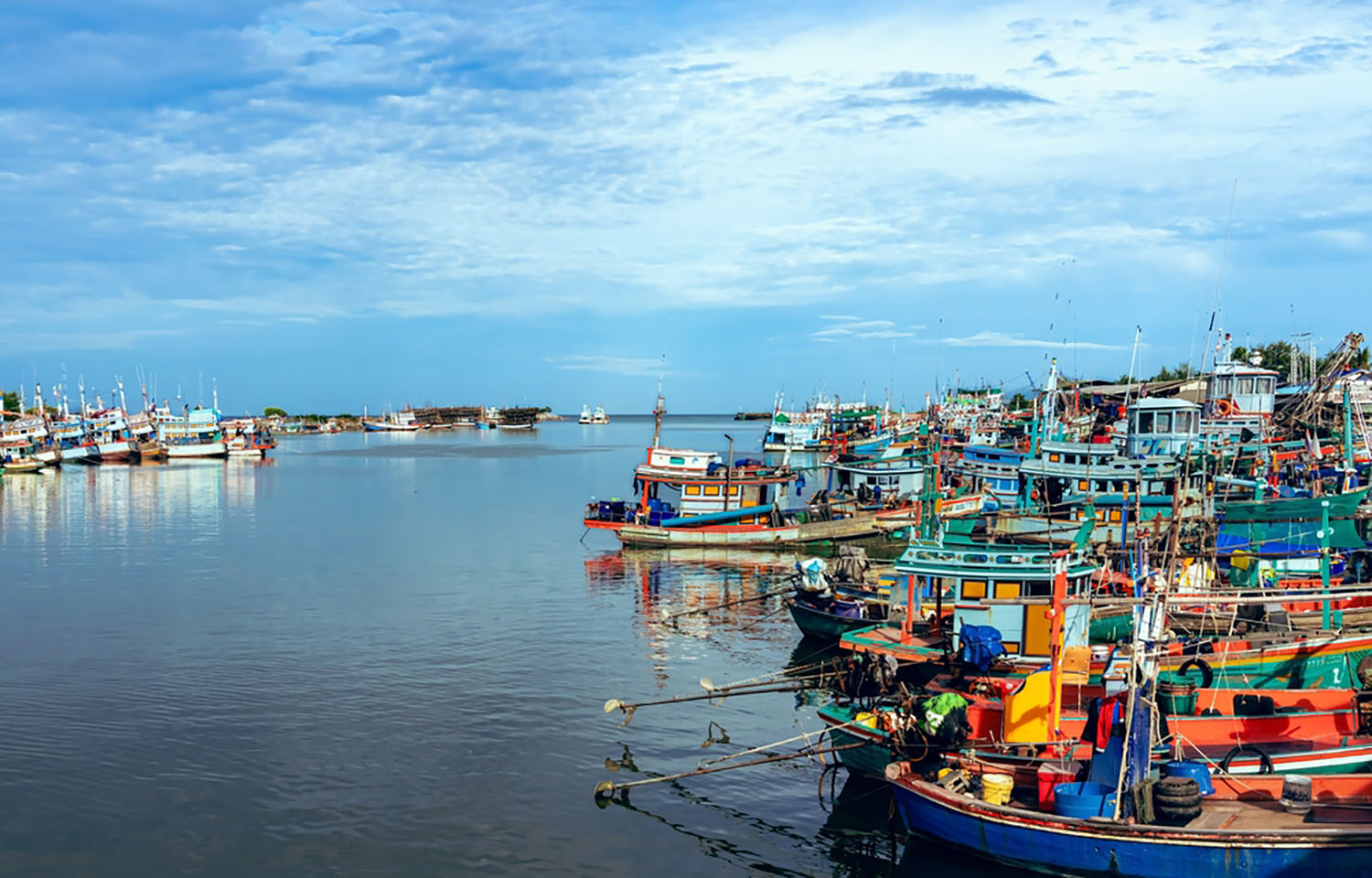Thailand has moved ahead with a proposed rollback of its fisheries reforms, with a drafting committee in the country expected to approve the changes on 23 June and enforcement likely to follow the next month.
Several organizations have warned the move may allow illegal, unreported, and unregulated (IUU) fishing to proliferate and may negatively affect trade between Thailand and its major trading partners.
Thailand originally instituted changes to its fisheries system after the U.S. Department of State downgraded Thailand to Tier 3 – the lowest rating – in its 2014 Trafficking in Persons (TIP) report. The following year, the European Commission issued a yellow card warning to Thailand, indicating shortcomings in combating IUU fishing.
Due to measures Thailand swiftly put in place to rectify problems, the E.C. lifted its yellow card warning in January 2019. The U.S. State Department upgraded Thailand to the Tier 2 Watchlist in its TIP report in 2016, with ratings fluctuating between Tier 2 and Tier 2 Watchlist since then.
However, Thai fishing groups, particularly the National Fisheries Association of Thailand (NFAT), have contended it's no longer profitable to operate in the country's seafood industry. The changes imposed excessive financial and bureaucratic burdens and the penalties for IUU fishing are both overly harsh and ineffective, NFAT said.
Eight drafts of amendments to the country’s Fisheries Act have been submitted by the Cabinet of Thailand following input from several political parties. Thai Parliament unanimously passed the drafts during their first reading in February 2024, reflecting bipartisan support for the rollbacks.
According to the Environmental Justice Foundation (EJF), several concerning articles across the eight drafts would undermine transparency, sustainability, and labor protection achievements made over the past eight years.
The Move Forward Party’s (MFP) draft is considered the “most extreme,” according to the EJF, containing such actions as reauthorizing at-sea crew transfers, relaxing regulations on catching protected marine animals, and eliminating requirements for seaman books that log the whereabouts of migrant fishers.
Concerning measures in other drafts include reauthorizing at-sea transshipments and removing the requirement for real-time vessel-monitoring system locations, according to the NGO.
Apart from the proposed rollbacks, Thai governmental offices have already issued a number of subordinate regulations (SRs) – legally binding regulations which become effective immediately upon signing.
Since the start of 2024, Thailand’s Ministry of Agriculture and Cooperatives, in collaboration with the Thailand Department of Fisheries, have signed 15 SRs into law, ranging from the removal of restrictions on using destructive and previously banned fishing gears to eliminating the requirement for fishing vessels to be marked while at port or not engaged in fishing activities; reducing vessel-monitoring systems’ reporting frequency; relaxing logbook reporting regulations; shifting from real-time requirements to daily reporting within a 24-hour period; raising the number of permitted fishing days for all vessel groups; and permitting previously blacklisted or locked vessels to re-register and resume operations.
“The sheer number of SRs enacted which degrade transparency or relax regulations designed to inhibit IUU fishing draw into question Thailand’s existing commitments to ensure Thai fisheries’ management protocols adhere to international traceability regulations,” EJF said. “Several of the SRs also conflict with the procurement or traceability requirements of leading seafood conglomerates and associations.”
The changes also potentially reopen the door to systemic IUU fishing and human rights abuses within the Thai fleet, thereby impacting the entire value chain, EJF said in an open letter after a recent meeting held between EJF, Oceana, Europêche, and others.
In response, the Market Advisory Council (MAC) – an E.U. organization that provides recommendations to the European Commission and E.U. member nations on matters relevant to the market regarding fishery and aquaculture products – warned the deal may be put at risk due to the growing differences between the E.U. and Thailand in regard to social, economic, and environmental sustainability standards.
The MAC advised the commission to ...








